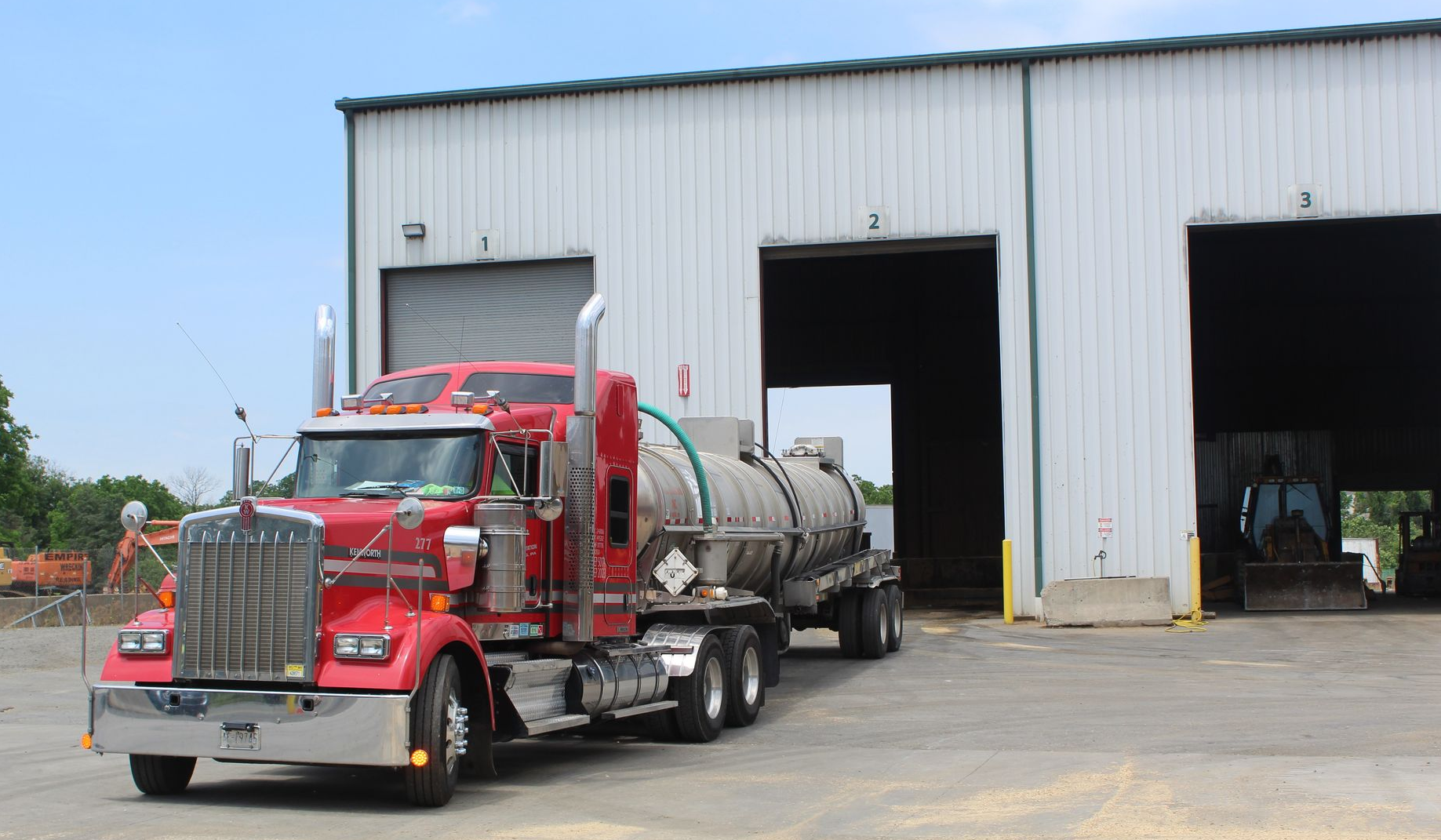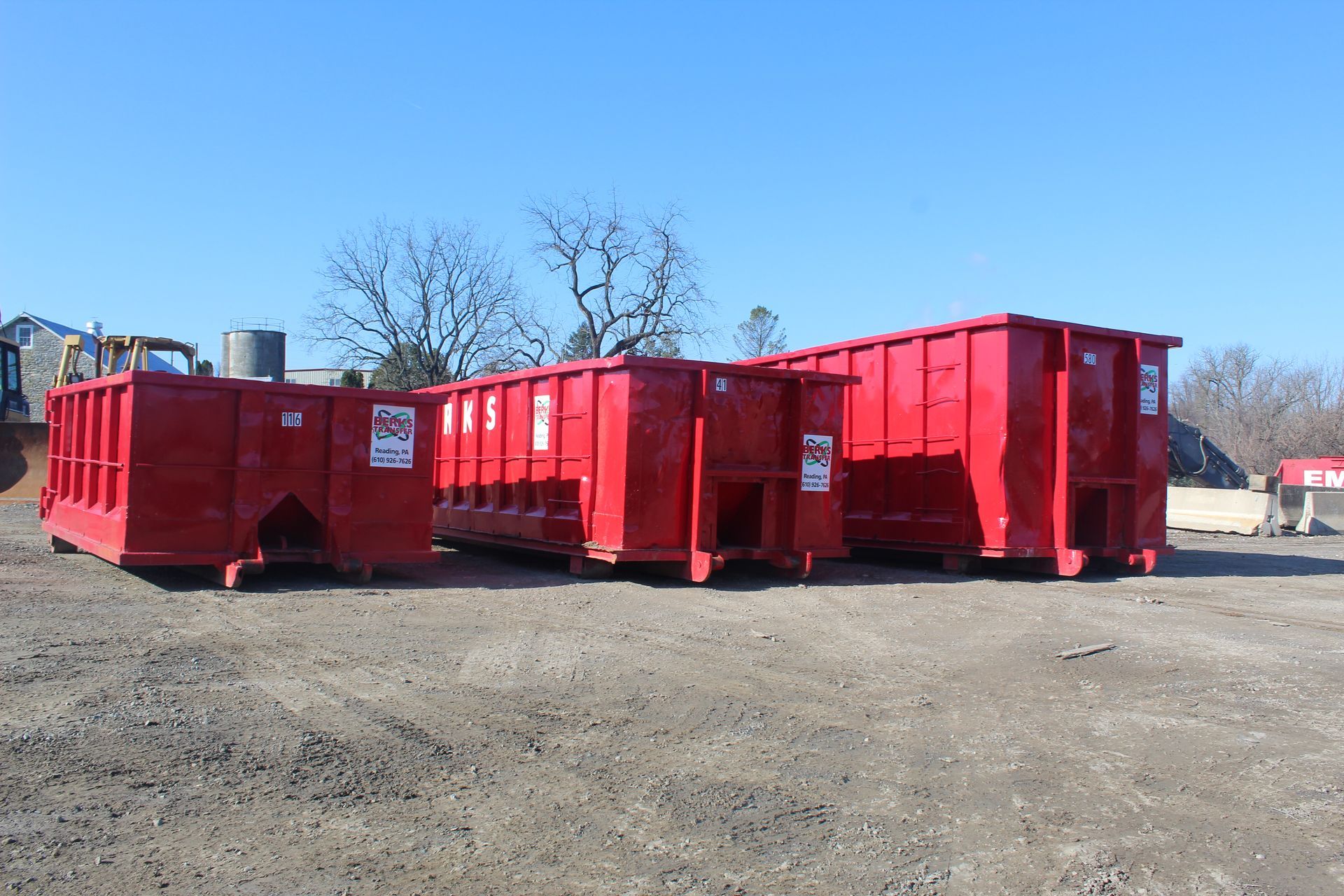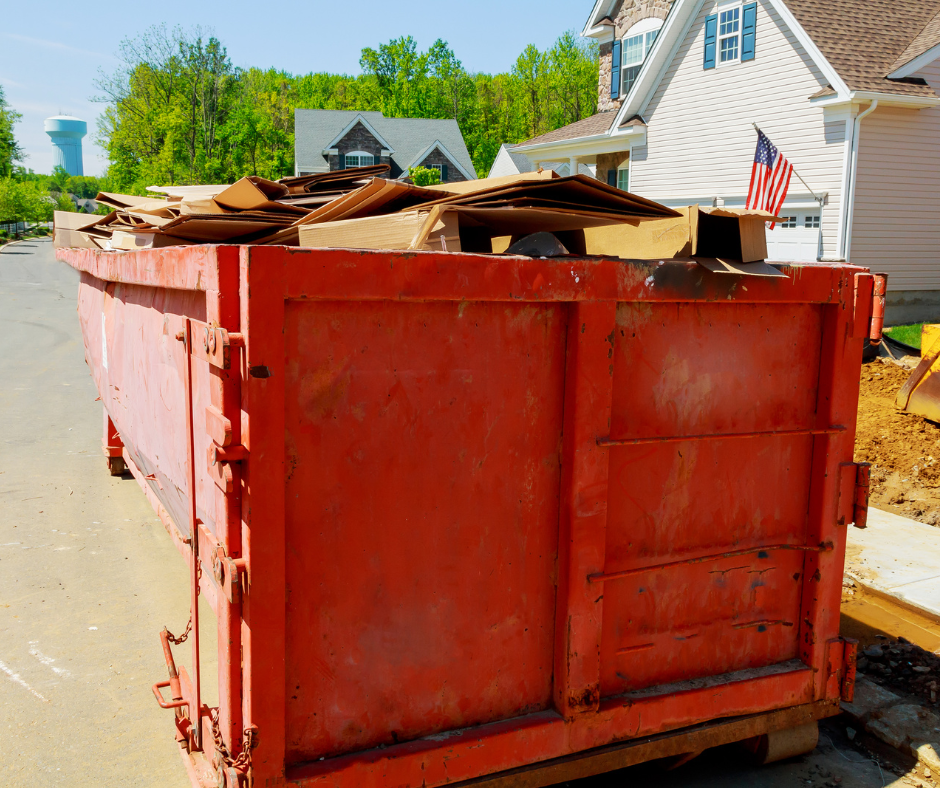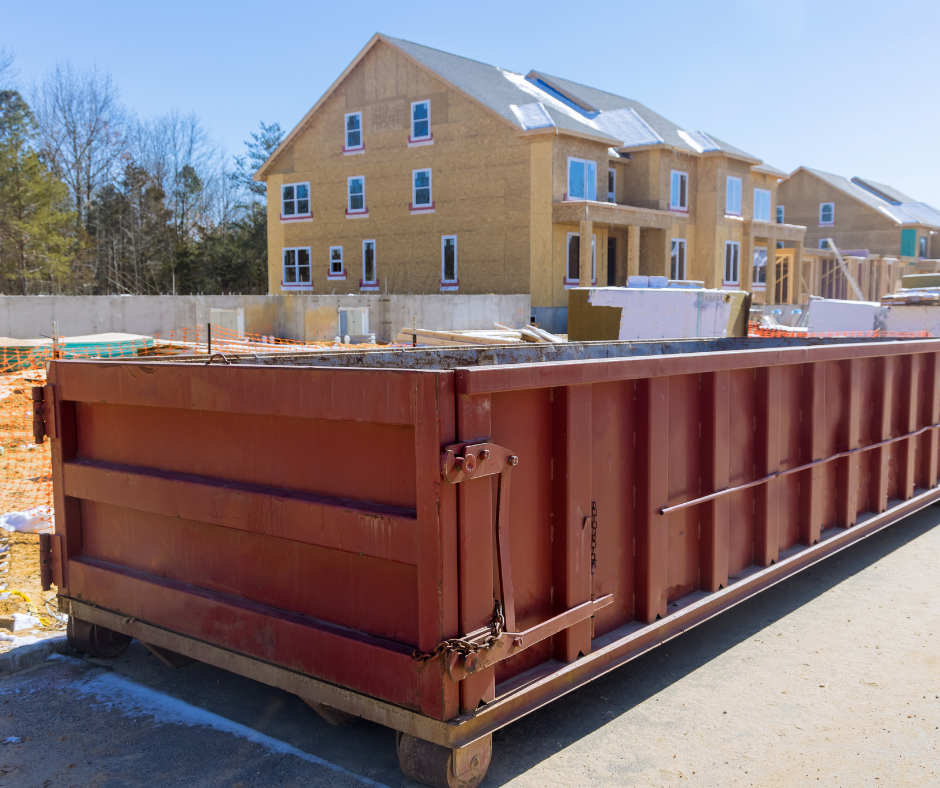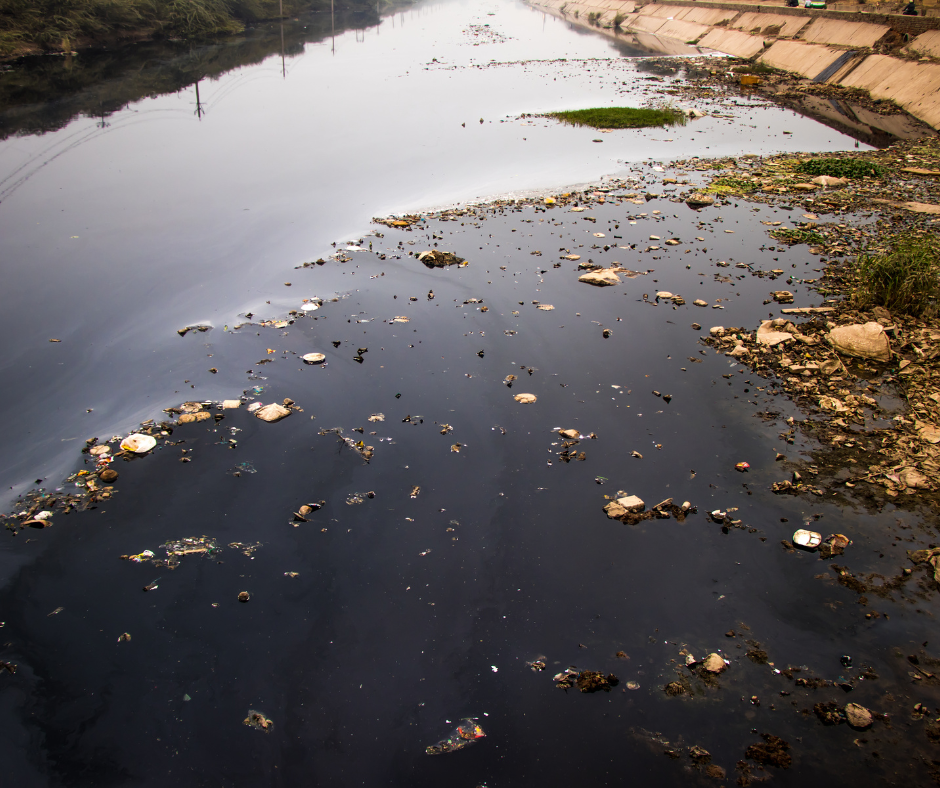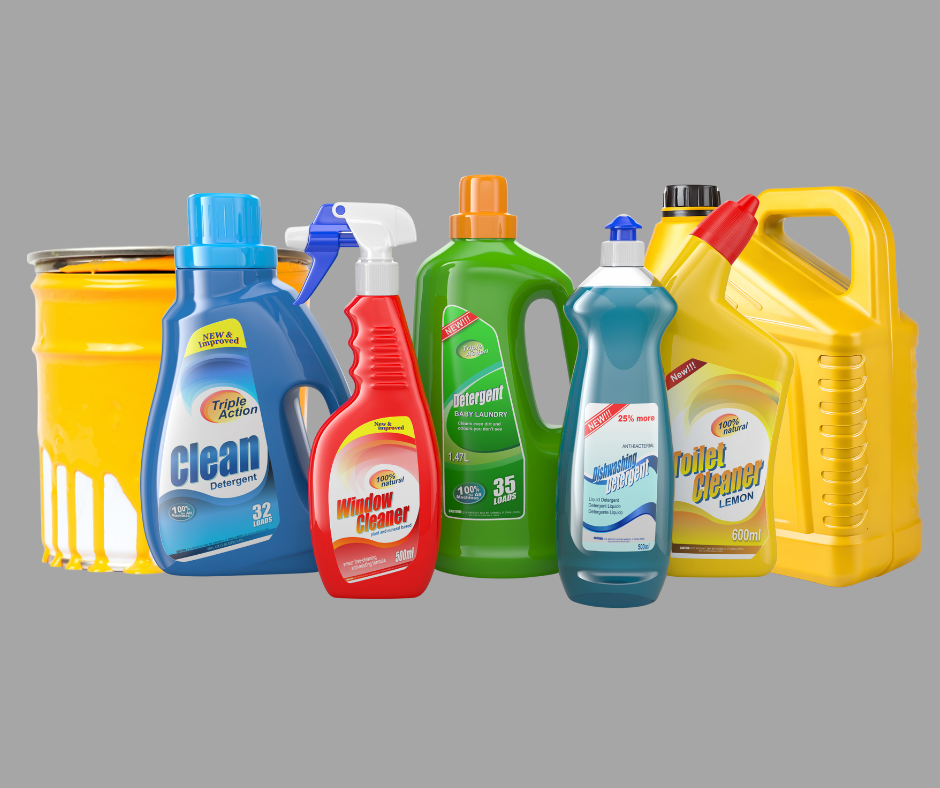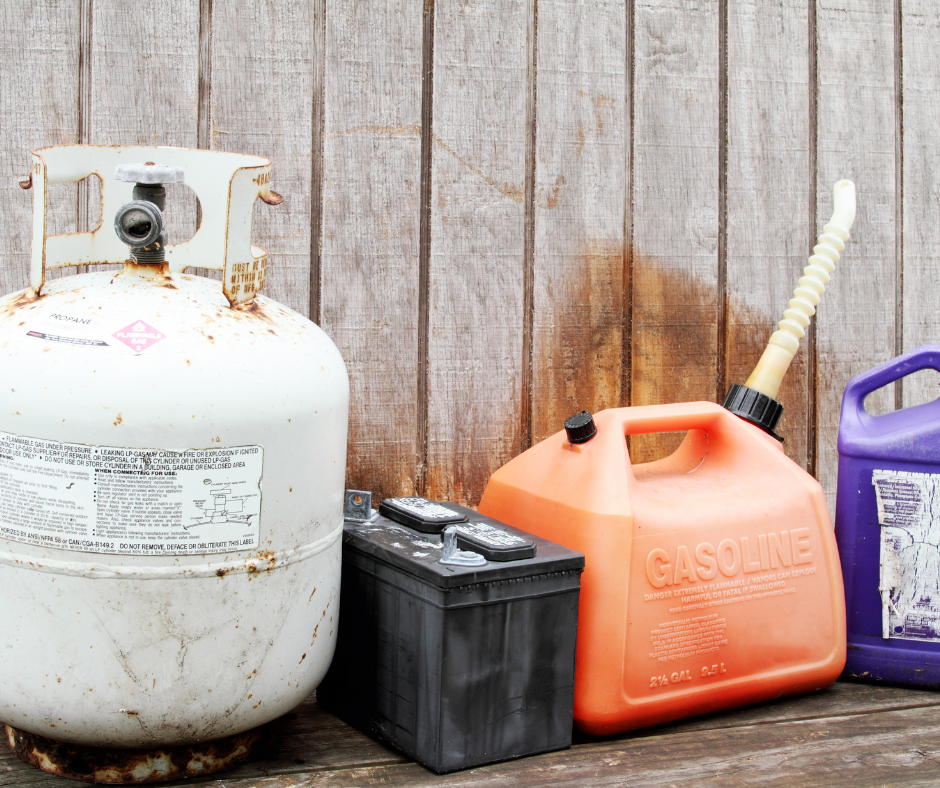The way trash is being handled is something that is being closely looked at over the term of this pandemic. It’s not something that most people talk about, and it’s certainly not the most interesting topic, right? Yet, we need to talk about it because of the contagion factor due to what sanitation workers touch daily and that they must report to work. This has put a spotlight on trash management during the pandemic.
When it comes to trash, the U.S. has a lot of it! According to USA Today, the U.S. produces more waste than most countries and we recycle less. The amount is staggering: the United Stated produces 258 million tons of trash each year and it’s collected in various ways. Residents in single-family homes generally place waste containers at the end of their driveways (curbside) for pickup. People who own townhomes or condos commonly have containers or dumpsters onsite. The same is true for many apartment complexes. Businesses operate much in the same way but have specific protocols and standards to which they’re held to depending on their location (i.e., covered containers, separate recycling requirements, etc.). How trash is handled is equally important, especially when comes to protecting the health and safety of sanitation workers.
Ensuring that your waste is in trash bags and tied securely shut is imperative; this helps to keep contamination levels low. The well-being of waste employees should be paramount as well. These folks are an essential and critical part of our workforce. They need to work every day and are key in keeping society healthy in general. Due to how easily the virus spreads, we must be more considerate in how our trash is put out and how it affects sanitation employees.
Cindy Neuroth, a trash company owner from Sioux City, S.D. puts it this way: “Nobody thinks of the
garbage man. Like, we always say, you know, nobody notices us until the garbage ain’t picked up, and then they notice us.” She’s absolutely right. We don’t think about the trash man or woman. Most people don’t even take the time to care about protective measures for them. The rate at which trash is produced hasn’t slowed down, and trash companies can’t afford to slow down if their employees get sick.
According to WebMD, the amount of residential waste has risen 30% since the pandemic began due to family members remaining home, telecommuting or schooling youngsters at home. It’s very likely that percentage is much higher in communities which have a less commercial and more housing presence.
The more trash, the more that must be picked up; this increases the risk of contracting the virus. What
can compound the issue is a trash removal delay. If there are fewer employees working, it will take longer for trash pickups. This could cause citizens to take their frustrations out on their garbage company.
While it’s a forgone conclusion that certain people will get sick, there must be a plan in place to help one another during this health crisis, and not because it’s “required” of us to do so or because it’s mandated. We should do it because we’re decent human beings. We must realize the strain the pandemic puts on trash companies (operations and employees). By putting a spotlight on trash management during a pandemic, we can see how important it is to keep workers safe and operations running at peak levels. Thus, a plan and more consideration are greatly needed for handling trash during the pandemic.
